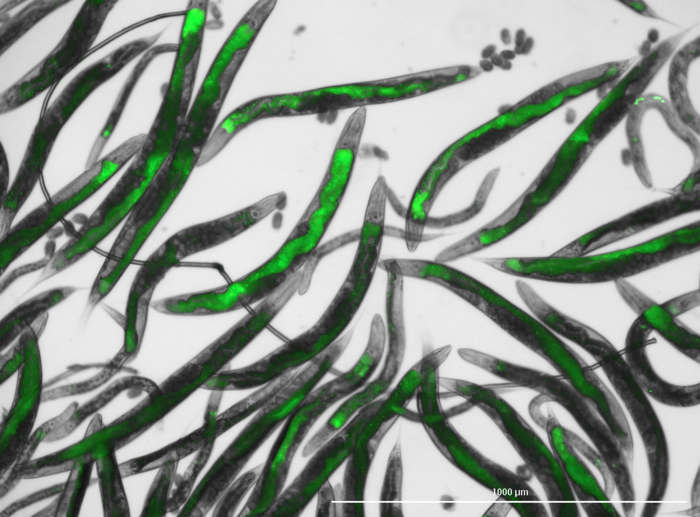Bio-Based Fibers: Eco-Friendly or Environmental Hazard?
Bio-based fibers, often promoted as eco-friendly alternatives to plastics, are increasingly under scrutiny for their potential environmental impact. Although derived from renewable sources like plants, these fibers—such as viscose and lyocell—can release microfibers during washing and wear, which contribute to pollution in water bodies. These microfibers can harm aquatic life and potentially enter the food chain. Additionally, producing some bio-based fibers involves chemical processes that may have negative environmental consequences.
The Complexity of Biodegradability
The biodegradability of these fibers is also not always straightforward. While they may decompose under specific conditions, the process can be slow and may release harmful chemicals. This raises concerns about their long-term environmental impact, especially when they accumulate in landfills or oceans.
New Study: Impact on Earthworms and Soil Health
A recent study published in Environmental Science and Technology examined the effects of different types of fibers—conventional polyester and two bio-based fibers, viscose and lyocell—on earthworms, a species essential to soil health worldwide.
The research revealed that at high fiber concentrations, polyester exposure led to a 30% earthworm mortality rate within 72 hours. Bio-based fibers, however, caused even higher mortality rates, with lyocell resulting in up to 60% mortality and viscose as high as 80%.
Long-Term Impacts on Earthworm Growth and Reproduction
In a second experiment simulating realistic environmental fiber levels, earthworms in soil containing viscose reproduced less frequently than those in polyester-exposed soil. Earthworms in lyocell-laden soil showed reduced growth rates and burrowed more frequently than those exposed to other fibers.







